What is Contentious Construction? Disputes Explained
Construction projects bring together developers, contractors, architects, and suppliers in complex working relationships. Multiple moving parts, substantial financial commitments and demanding schedules create a perfect storm where disputes can frequently emerge. These conflicts can include payment disagreements and quality concerns, and they need specialised legal expertise to prevent projects from grinding to a halt.
Contentious construction law addresses the reality that even well-planned projects can face serious disagreements. This specialised field ensures that when disputes arise, there are established processes to resolve them without derailing entire developments or causing financial ruin for the parties involved.
If your project is experiencing a dispute, contact our specialised team of solicitors and barristers today. Our legal experts have extensive experience in construction dispute resolution and can guide you through the most effective path forward.
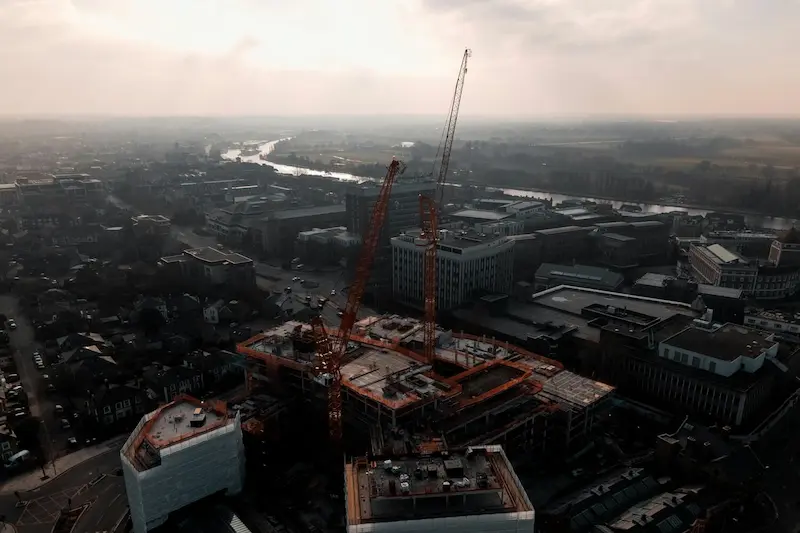
What is Contentious Construction?
Contentious construction is the specialised area of law that steps in when building projects go wrong. Unlike the planning and preparation phases that aim to prevent problems, contentious construction deals with active disputes between contractors, developers, architects, and other project stakeholders.
This field covers the full spectrum of conflict resolution, from early disagreement discussions through formal court proceedings. What makes construction disputes particularly complex is their technical nature – they often involve detailed engineering issues, compliance questions, and substantial financial claims that require both legal expertise and industry knowledge to resolve effectively.
Construction disputes can emerge at any project stage, whether during active building work or years after completion when defects surface. The multi-faceted nature of building projects creates numerous pressure points where conflicts develop, making specialised legal intervention essential for achieving fair and practical resolutions.
Common examples include payment disputes when contractors are not paid for completed work, defects, and quality issues when work doesn’t meet agreed standards, and project delays where parties argue about responsibility and costs.
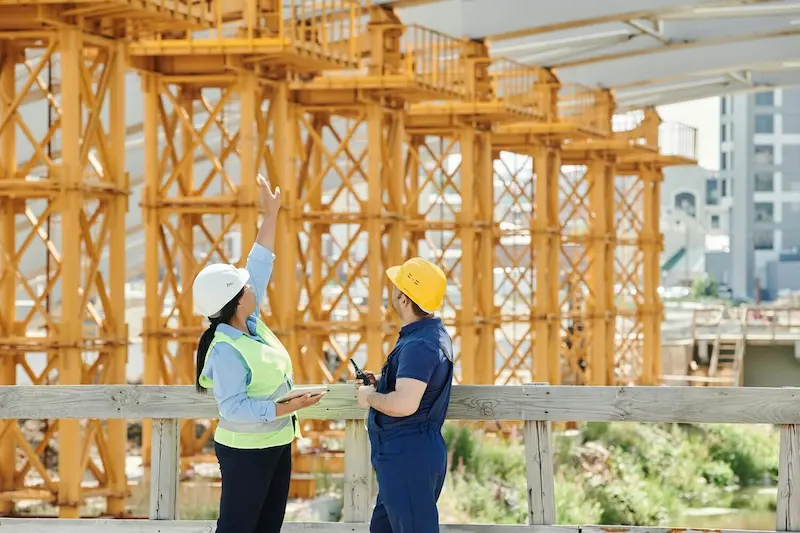
What Causes Construction Disputes?
Research by the Royal Institute of British Architects (RIBA) in 2021 indicates that one in four construction projects experienced one or more disputes from start to completion, demonstrating that conflicts remain a persistent challenge across the sector. The main drivers include parties not fulfilling their agreed duties, inadequate contract management and missing or inaccurate information in project documents.
Understanding what triggers disputes can help construction professionals recognise potential problems before they escalate into formal legal conflicts.
- Payment Disputes: Delayed or withheld payments create cash flow problems and represent the most frequent source of construction conflicts.
- Defects and Quality Problems: When building work does not meet the required standards, or when design errors cause disputes over professional negligence and liability.
- Project Delays: When projects run late and parties argue about who is responsible, who should pay for the extra costs, and whether deadline extensions are justified.
- Contract Misinterpretation: Complex construction contracts can be ambiguous, leading to different interpretations of responsibilities and performance standards.
- Poor Communication: Inadequate project management and unclear instructions can escalate minor misunderstandings into formal legal disputes.
Disputes consume valuable time, money, and management attention that should be focused on project delivery. This undermines the fundamental requirements for construction success: strong working relationships, quality outcomes, on-time completion, and budget control.
Beyond immediate project impacts, ongoing disputes can tarnish professional reputations and reduce chances of winning future contracts.
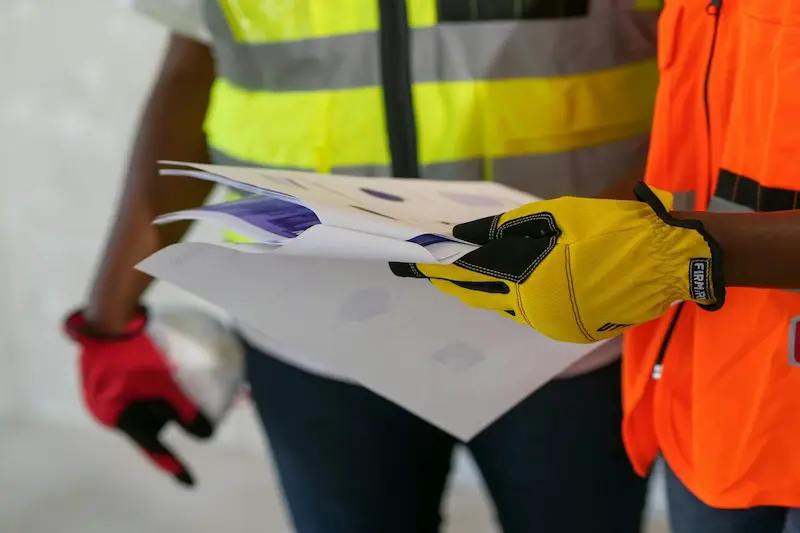
What is the Difference Between Contentious and Non-Contentious Construction Law?
Construction law is divided into two distinct approaches that serve different purposes and occur at different times.
Non-Contentious Construction Law focuses on prevention and planning. This proactive approach aims to prevent disputes through careful contract drafting, proper risk allocation and clear procedures. Activities include negotiating building contracts, ensuring regulatory compliance, and setting up insurance arrangements.
Contentious Construction Law focuses on resolution and reaction. This reactive approach addresses disputes after they have emerged through litigation, arbitration, adjudication, and settlement negotiations. Work involves gathering evidence, assessing claim strengths, and managing formal legal proceedings.
The key difference lies in timing and purpose. Non-contentious work tries to prevent problems through careful planning, while contentious work solves problems that have already occurred.
What is an Example of Non-Contentious Law?
Non-contentious construction law represents the proactive side of legal practice, focusing on building solid foundations for projects before problems arise. While general non-contentious work spans areas like property conveyancing and corporate transactions, construction-specific practice involves the complex web of agreements, compliance requirements, and risk management that underpin successful building projects.
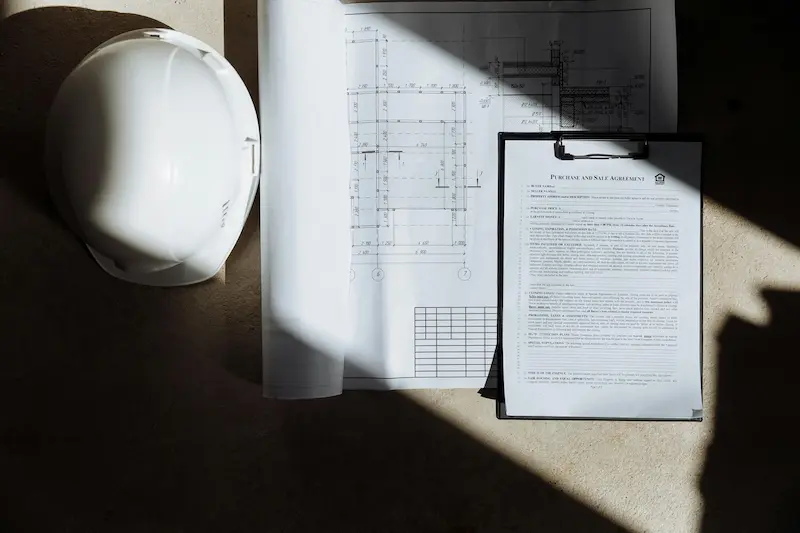
Key Areas of Non-Contentious Work
- Contract drafting: Creating comprehensive building agreements and advising on standard forms like JCT, NEC, and FIDIC
- Risk allocation: Ensuring risks are assigned to parties best equipped to manage them
- Procurement strategy: Structuring project delivery routes and supply chain relationships
- Regulatory compliance: Meeting health and safety, environmental, and planning requirements
The fundamental goal is prevention rather than cure. Well-structured contracts and proper preparation create environments where disputes are less likely to arise, and when conflicts do emerge, clear frameworks provide resolution pathways without formal legal proceedings.
How to Resolve a Construction Dispute?
The UK construction industry has developed sophisticated dispute resolution mechanisms designed to maintain project momentum while ensuring fair outcomes.
Adjudication serves as the primary dispute resolution method. Established by the Housing Grants, Construction and Regeneration Act 1996, this statutory right provides fast and cost-effective decision usually within 28 days.
The process follows clear steps: serving notice, appointing a neutral adjudicator, submitting case evidence, allowing response time, and receiving a binding decision. This allows work to continue while providing immediate resolution.
Mediation involves a neutral mediator facilitating discussions to help parties reach mutually acceptable compromises, often more cost-effective than formal proceedings.
Arbitration provides formal dispute resolution through neutral arbitrators who make final, binding decisions in a private and confidential process.
Litigation through the Technology and Construction Court represents the most formal option, requiring parties to follow Pre-Action Protocols encouraging early settlement.
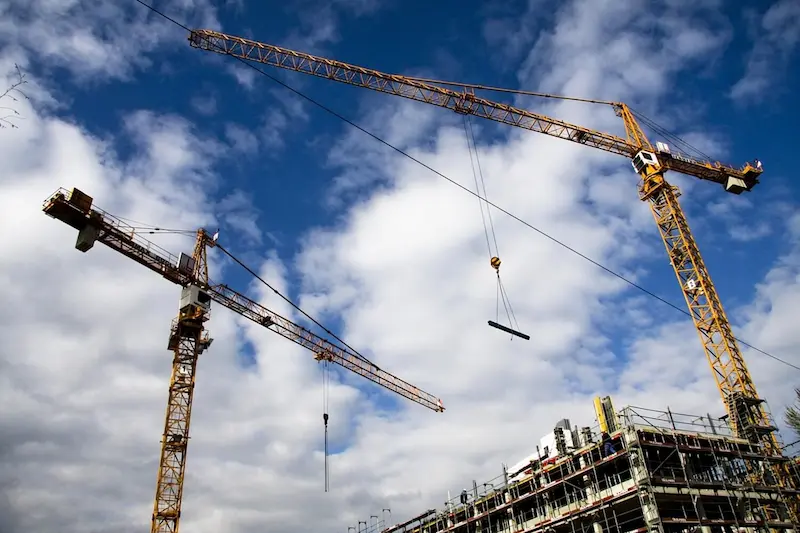
When Should You Seek Legal Help?
Construction dispute resolution requires specialised expertise to navigate complex procedures and protect your interests. Consider seeking professional legal assistance when:
- Payment disputes exceed £10’000 or involve contract interpretation issues
- Quality problems require expert assessment or professional negligence claims
- Project delays threaten substantial financial losses or contractual penalties
- Formal notices have been served, or adjudication proceedings have started
Understanding contentious construction enables professionals to recognise dispute risks, choose appropriate resolution mechanisms, and protect business interests throughout project lifecycles.
If your business is facing a construction dispute, our legal team can help. We handle contentious construction matters with clear advice and transparent fee structures. Contact our construction dispute lawyers today.
